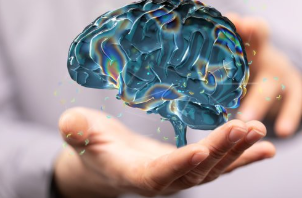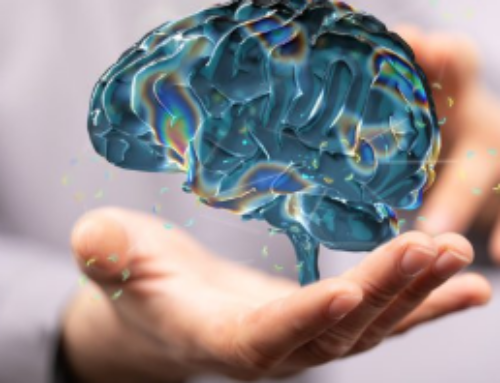Recovery from addiction is a journey, not a destination. It’s a process filled with challenges and triumphs, setbacks and breakthroughs. If you’re embarking on this journey or supporting someone who is, it’s essential to understand that there’s no one-size-fits-all approach. Recovery is a deeply personal experience; what works for one person may not work for another.
The Phases of Long-Term Recovery
While recovery isn’t linear, there are typical phases people tend to experience:
- Abstinence: This initial phase focuses on stopping the use of drugs or alcohol and managing the immediate physical and psychological effects of withdrawal. It’s a time to develop coping skills and build the foundation for a substance-free life.
- Repair: As the body and mind heal, the focus shifts to repairing the damage to relationships, finances, work, and self-esteem. This phase involves rebuilding trust, addressing financial issues, re-entering the workforce if necessary, and working on self-worth.
- Growth: With a solid foundation, this phase is about personal development and deeper healing. It often involves addressing underlying trauma, exploring long-held negative thought patterns, and continuing to build healthy relationships.
Challenges Along the Way
Long-term recovery isn’t without its challenges. Even after years, setbacks can occur. Major life events, grief, and complacency can trigger cravings and even relapse. It’s essential to be prepared for these challenges and have a plan.
Additionally, addiction can sometimes morph into other addictive behaviors. These can include shopping, gambling, or unhealthy relationships. Recognizing these potential pitfalls is critical to maintaining long-term recovery.
Tools for Success
The most crucial tool in long-term recovery is finding what works for you. There are multiple pathways to recovery, and it’s vital to explore different options and create a personalized plan. This could involve:
- Therapy: Individual, group, or family therapy can provide valuable support and guidance.
- Medication: For some, medication can be a helpful tool in managing cravings and withdrawal symptoms.
- Support Groups: Connecting with others in recovery can offer a sense of belonging and invaluable peer support.
Ultimately, the key to long-term recovery is finding a connection and belonging. This could come from therapy, support groups, faith communities, or other communities.
Measuring Addiction Recovery Success
Success isn’t a binary, but a tapestry of meeting your needs. Reviewing SAMHSA’s 8 Dimensions of Wellness can articulate what’s working and what isn’t:
- Emotional: Coping effectively with life and creating satisfying relationships.
- Environmental: Good health by occupying pleasant, stimulating environments that support wellbeing.
- Financial: Satisfaction with current and future financial situations.
- Intellectual: Recognizing creative abilities and finding ways to expand knowledge and skills.
- Occupational: Personal satisfaction and enrichment derived from one’s work.
- Physical: Recognizing the need for physical activity, diet, sleep, and nutrition.
- Social: Developing a sense of connection, belonging, and a well-developed support system.
- Spiritual: Expanding our sense of purpose and meaning in life.
If you’re experiencing struggle in any of these categories, treat it as an opportunity for growth and enrichment. Find ways to boost yourself in these areas for a well-rounded, enriched life.
Advice for Starting Your Journey
If you’re starting your recovery journey, the most important thing is to develop a long-term plan. Don’t just focus on getting through the initial stages of detox and withdrawal. Think about what your life will look like in the months and years ahead. What kind of support will you need? What tools and resources will help you thrive?
Recovery requires dedication, patience, and a willingness to seek help. You can achieve lasting recovery and build a fulfilling life with the right tools and support.
If you or a loved one are struggling with addiction or co-occurring disorders, call the New England Recovery Center today at 1-877-MyRehab.










